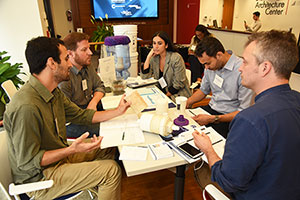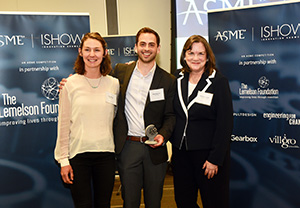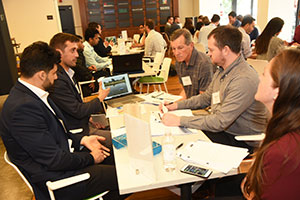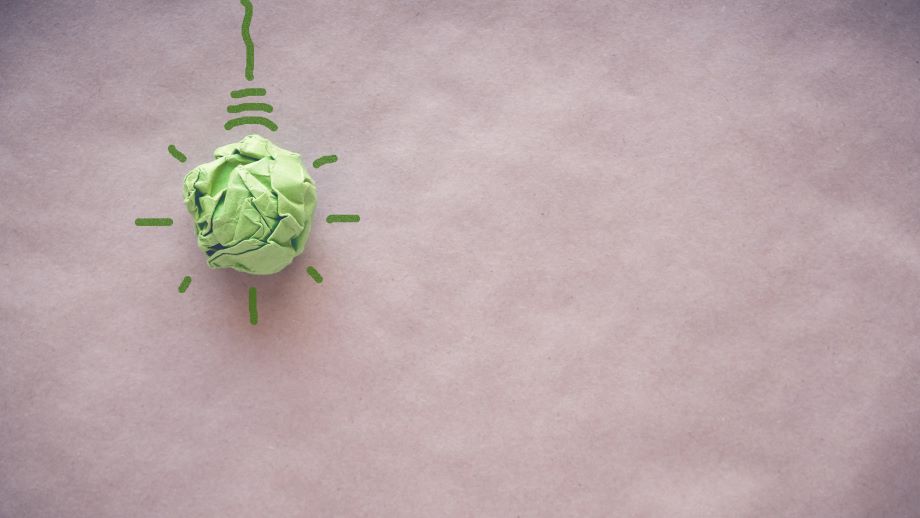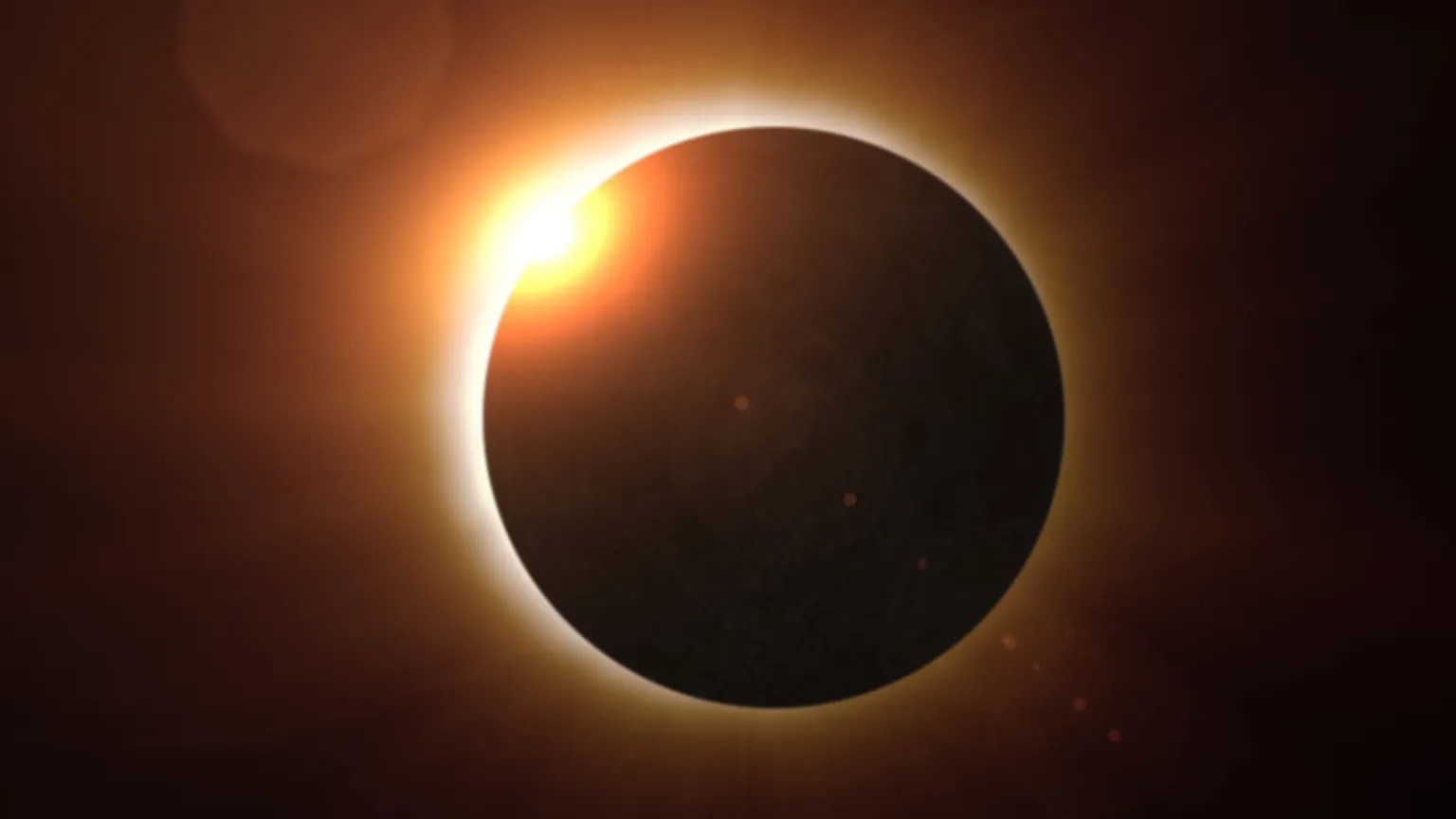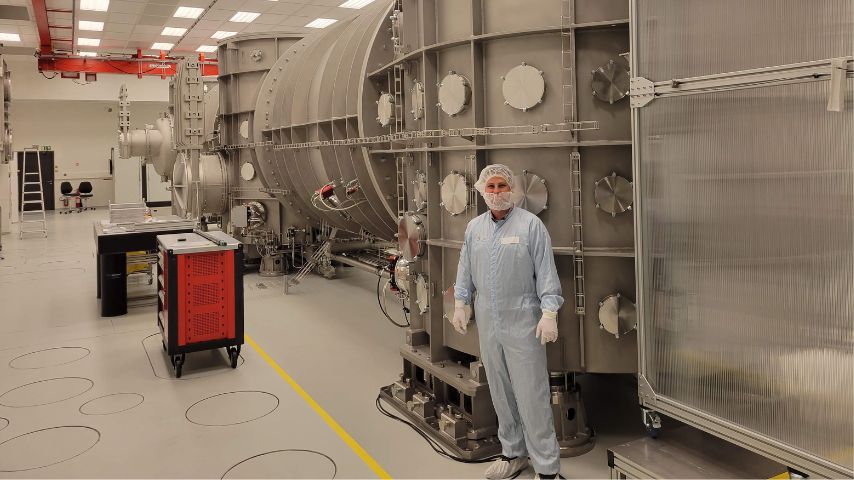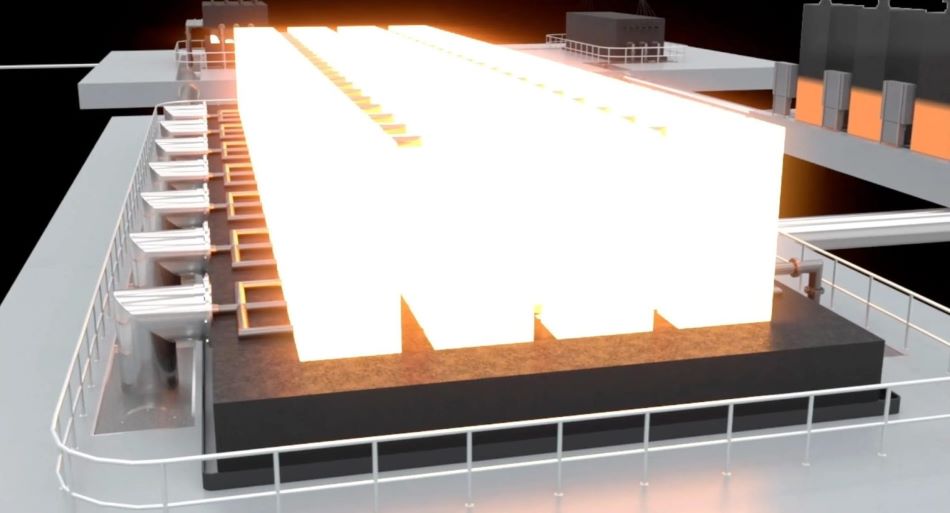ISHOW USA Highlights the Work of Socially Minded Hardware Innovators
ISHOW USA Highlights the Work of Socially Minded Hardware Innovators
Earlier this month, eight teams of social entrepreneurs presented hardware-led inventions that are intended to benefit society at the ASME Innovation Showcase (ISHOW) in Washington, D.C. At the end of the competition, which was held June 13, three of the finalists ― the developers of products addressing problems with drinking water safety, the incubation of chicken eggs and fish farming in underserved communities ― were named the regional grand-prize winners of the event.
As winners of the ISHOW USA, the three teams ― Caminos de Agua, Kukua Labs and WEtech ― each received a share of $30,000 in seed grants as well as technical advice and support to assist in the commercialization of their products. In addition, each of the three winners will have the chance to take part in the ISHOW Bootcamp this October in New York City with the six winners of the ASME ISHOWs that were held earlier this spring in Bengaluru, India, and Nairobi, Kenya.
One of the three winning entries at ISHOW USA, “Aguadapt,” is an inexpensive, family-sized water filtration system that eliminates organic chemicals and nearly all pathogens. The filter, which was developed by nonprofit outfit Caminos de Agua of Guanajuato, Mexico, is simple to install in common containers and will remain operational for up to three years.
“Kukua,” another winning product at ISHOW USA, is an affordable, energy-efficient chicken egg incubator that was developed for the approximately 70% of families in Tanzania who supplement their income by raising chickens. The device enables these families to artificially incubate eggs at home rather than rely on hens from their subsistence flocks for egg incubation. Developed by Kukua Labs of San Francisco, Calif., “Kukua” is a low-wattage device, which both reduces the cost of operation and makes it compatible with local residential solar power systems.
The third winning invention, “WERLWind,” is a wind-powered pond aeration system that was developed for the more than 20 million fish farmers in the Asia-Pacific region who depend on small-scale aquaculture for both food and income, but whose yields are less than industrial ponds because of low dissolved oxygen levels in the water. The company behind “WERLWind,” WETech of Toronto, Canada, was an ISHOW USA finalist last year. The company used the feedback provided by last year’s judges to improve both their manufacturing and business plans ― a move that resulted in a grand prize win at this year’s competition.
“ASME congratulates and thanks all ISHOW winners and finalists for serving as catalysts of progress and social good,” said ASME Executive Director/CEO Tom Costabile. “Through their determination to innovate and disrupt the status quo, they are helping to improve the quality of life for people in need and inspiring others to think about what’s possible.”
Judges for the ISHOW USA included entrepreneurs, engineers, academics and representatives from such organizations as ATA Engineering, Catapult Design, Stanford University and Very. The ISHOW is made possible through the continued support of The Lemelson Foundation, which is the Impact Inventing sponsor for the program.
For more information about this year’s ISHOW finalists and their entries, visit https://thisishardware.org.
